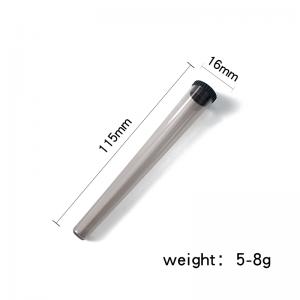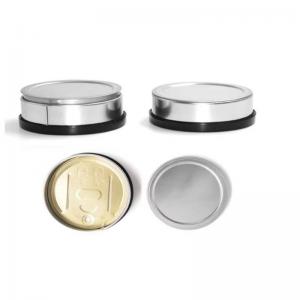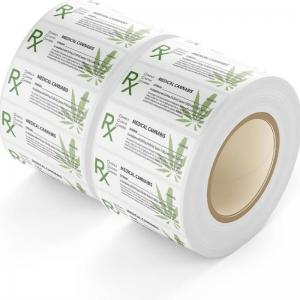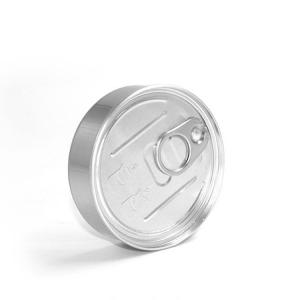
Federal legalization of adult use cannabis is still out there as a potential, but ultimately, there are no guarantees that come with such a move. Further, even with legalization, the state-to-state variations in regulations for everything from cultivation standards to packaging and transportation will make marketing country-wide a difficult proposition for most cannabis businesses. The businesses that will grow and thrive will be ones that embrace trends and opportunities that are on the horizon for 2022 and beyond.
Now more than ever, cannabis has gone mainstream. The medical uses for it in terms of stress reduction, mental health and so on, have built up markets that might have otherwise looked to more traditional pharmaceutical options. There is an interesting portion of this new mainstream market that is interested in the therapeutic effects of cannabis but not in the traditional consumption method of smoking. In addition to wanting to avoid inhaling smoke, this same section of the market is acutely aware of what they put into their bodies and what impacts their choices have on the environment at large. The result? Organic, ethically sourced and developed cannabis products are becoming more and more the norm.
Products that include oils, tinctures, topicals and edibles are all within the scope of what the discerning cannabis consumer is looking for. The only downfall for many of these types of products, versus a smokable, is the effectiveness of the THC. For example, edibles can take upwards of an hour to produce any psychoactive effects. That limits the function of these types of products, so the next generation of these requires technological innovation to find a solution to that limitation, such as nano emulsions.
For example, we have innovated by leveraging technology that reduces THC particles to a nano size and creates a barrier around the particle so that they can be absorbed into the bloodstream, bypassing the neutralizing effects of the digestive system


 English
English français
français Deutsch
Deutsch русский
русский italiano
italiano español
español português
português Nederlands
Nederlands 日本語
日本語 한국의
한국의











 2022-01-26
2022-01-26

 Online service
Online service +86 15375471059
+86 15375471059

